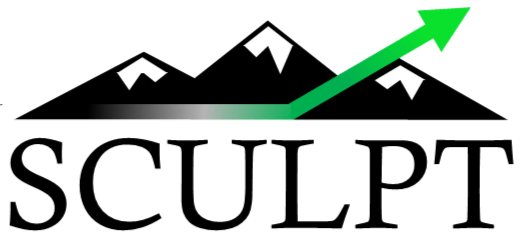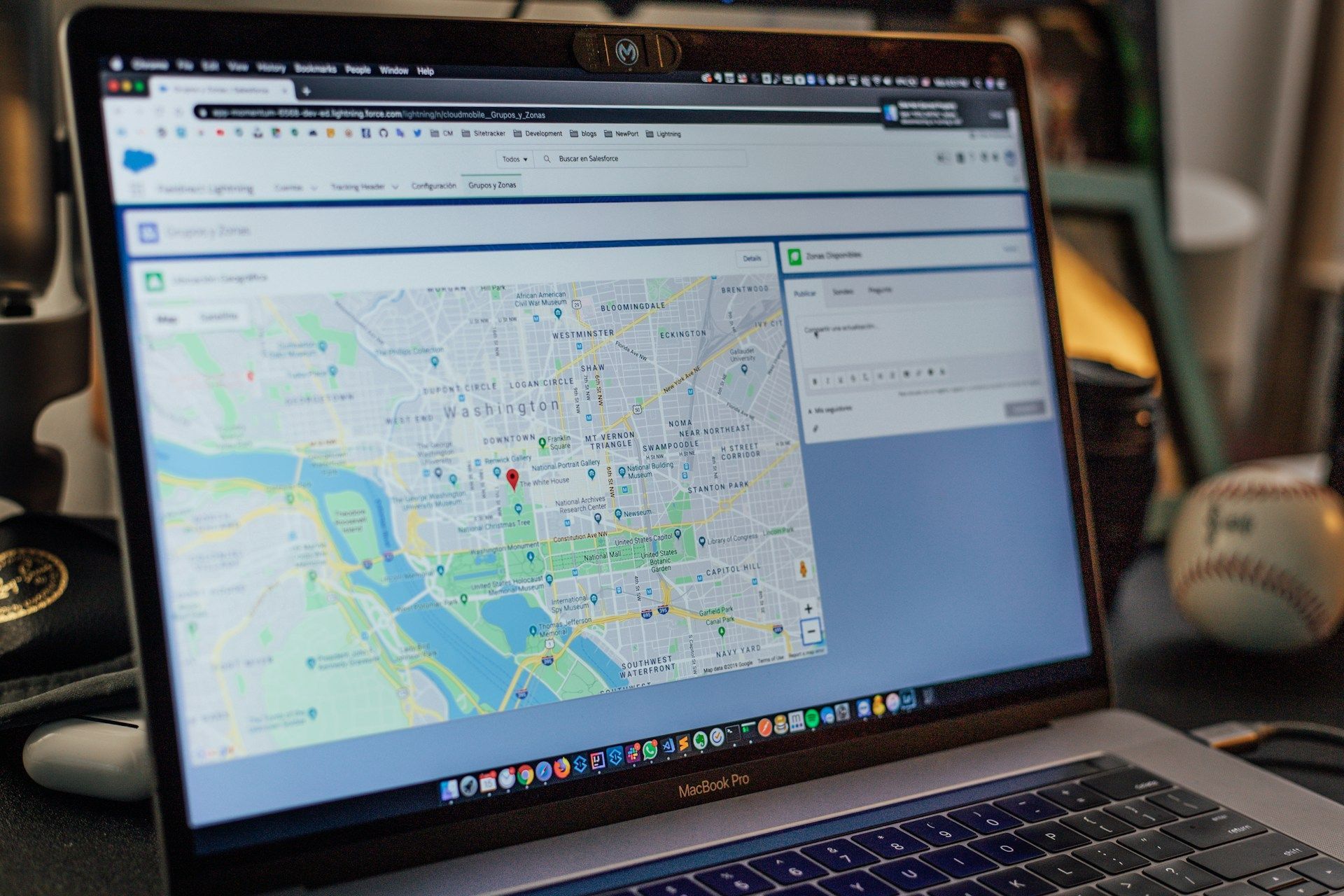Understanding SEO: A Beginner's Guide for Businesses
SEO, or Search Engine Optimization, is a key part of any online marketing strategy. It helps your website appear higher in search engine results, making it easier for people to find you. If you want more traffic and potential customers, understanding SEO is a must. But if you're new to it, SEO can seem complex and confusing.
The good news is that you don't need to be an expert to start seeing results. Learning the basics can go a long way in helping your business grow online. With the right approach, you can make your website more attractive to search engines without feeling overwhelmed. Think of SEO as a way to make your website easier to find and more useful for your visitors.
In this guide, we'll cover the essentials of SEO, including why it matters and how you can start using it today. We'll also provide simple tips and useful tools to help you get going. By the end, you'll have a clear understanding of what SEO is and how it can benefit your business.
What Is SEO and Why It Matters for Your Business
SEO, or Search Engine Optimization, is a process that helps your website rank higher in search engine results like Google. When someone searches for a term related to your business, you want your site to show up on the first page. This increases the chances that people will click on your site and potentially become customers.
Why does SEO matter? Higher rankings mean more visibility and more traffic to your website. Imagine having a store on a busy street versus a quiet alley. The busy street gets more foot traffic, which likely leads to more sales. In the digital world, SEO helps place your website on that busy street.
SEO also builds trust and credibility. When your site appears on the first page of search results, people trust that your business is reputable. This can lead to more clicks, better customer engagement, and higher conversion rates.
Key Components of SEO: Keywords, Content, and Backlinks
Keywords are the words and phrases people type into search engines when looking for something. Using the right keywords helps search engines understand what your site is about. Start by doing keyword research to find words relevant to your business. Use tools like Google Keyword Planner to find terms that people are searching for.
Content is king in SEO. High-quality, useful content keeps visitors on your site longer and encourages them to explore more. Your content should be original and answer the questions that your audience might have. Regularly updating your blog or news section with fresh content also signals search engines that your site is active.
Backlinks are links from other websites that point to your site. Think of them as votes of confidence. When other reputable sites link to yours, it shows search engines that your site is trustworthy and valuable. Aim to get backlinks from high-quality sites related to your industry. You can do this by creating great content that others want to share or by reaching out to site owners for link-building opportunities.
Simple On-Page SEO Tips for Beginners
On-page SEO involves optimizing individual web pages to rank higher and earn more relevant traffic. Here are some easy tips to get you started:
1. Use Keywords Wisely: Add your main keyword in the title, first paragraph, and a few times throughout the content. But don’t overdo it—keyword stuffing can hurt your rankings.
2. Write Clear and Engaging Titles: Your page title is the first thing users see, so make it count. Create titles that are catchy and include your main keyword.
3. Optimize Meta Descriptions: Write a brief description of your page that includes your keyword. This helps search engines and users understand what your page is about.
4. Use Header Tags: Break your content into sections using header tags (H1, H2, H3). This makes your content easier to read and helps search engines understand its structure.
5. Optimize Images: Use relevant images and add descriptive alt text that includes your keywords. This helps with SEO and makes your site more accessible.
6. Internal Linking: Link to other pages on your website. This helps search engines crawl your site and keeps readers engaged longer.
By following these simple on-page SEO tips, you can improve your site's visibility and make it more user-friendly. Remember, small changes can make a big difference.
Tools and Resources to Improve Your SEO Skills
Improving your SEO skills takes time and practice, but the right tools and resources can make it easier. Here are some to consider:
1. Google Analytics: This free tool helps you track your website's performance. You can see how people are finding your site, what pages they visit, and how long they stay.
2. Google Search Console: This tool helps you understand how Google views your website. It provides insights into your search performance, alerts you to issues, and offers tips for improvement.
3. Keyword Research Tools: Tools like Ahrefs or SEMrush help you find the best keywords to target. They show you search volume, competition, and related keywords.
4. SEO Plugins: If you use WordPress, plugins like Yoast SEO or All in One SEO Pack can make optimizing your site easier. They provide tips and checklists to help improve your on-page SEO.
5. Online Courses and Blogs: Many websites offer free and paid courses on SEO. Blogs from industry experts like Moz and Neil Patel also provide valuable tips and updates.
6. SEO Communities: Join forums or social media groups where you can ask questions and share tips with others. Learning from others' experiences can help you avoid common pitfalls and stay updated on trends.
Using these tools and resources can boost your SEO skills and help you achieve better results. Stay curious and keep learning to make the most of your SEO efforts.
Conclusion
Understanding SEO is crucial for improving your website’s visibility and attracting more customers. By knowing the basics and focusing on key components like keywords, content, and backlinks, you can create a strong foundation for your SEO strategy. Simple on-page SEO tips can help you get started without feeling overwhelmed.
For personalized support and expert advice from our
local SEO experts in Georgia, look no further than Sculpt Marketing & Consulting. We're here to help you navigate the world of SEO and achieve your business goals. Contact us today to get started!










